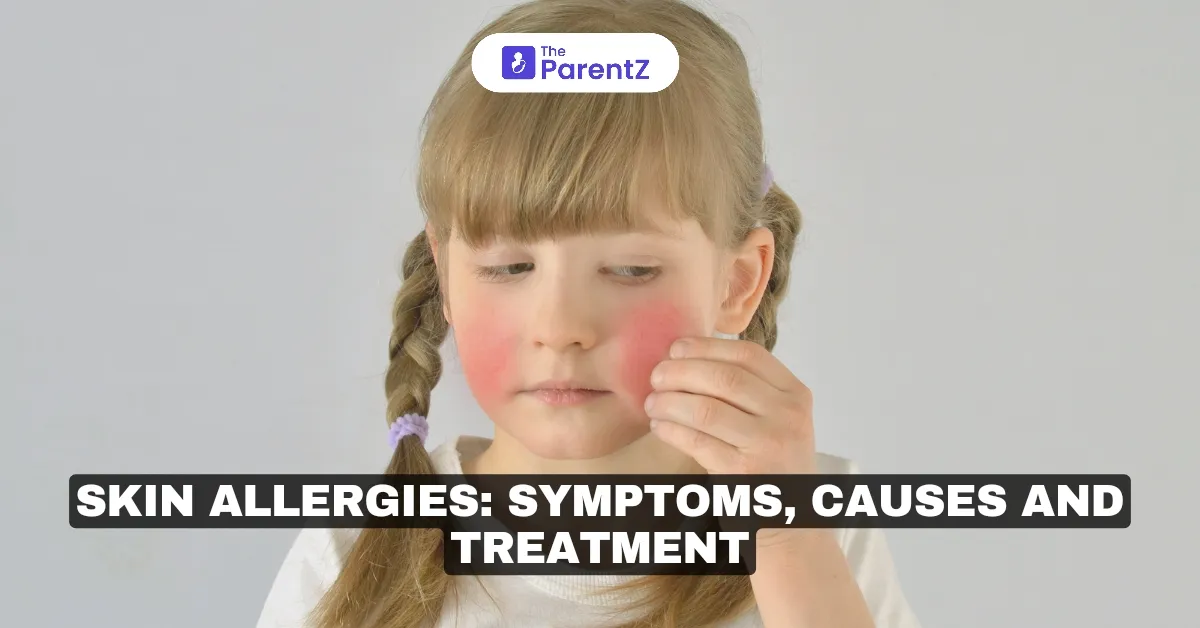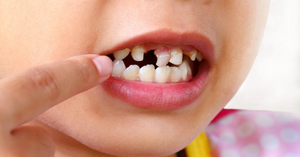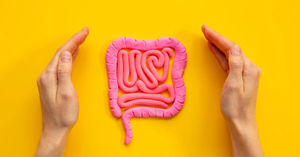Skin is the body’s natural barrier that protects you from irritants and pathogens. However, sometimes, this shield overreacts, resulting in skin allergies and ending up leaving you itching and irritated. Skin allergies are perhaps more common than what you might think. In fact, skin allergies affect millions of people worldwide. In fact, in the U.S. alone, skin allergies account for approximately 5.7 million annual medical visits.
Read this article to explore skin allergies, their causes, symptoms, and treatment.
Causes of Skin Allergies
Skin allergies typically occur when your immune system mistakenly identifies a harmless substance as a potential threat. This reaction further triggers the release of histamines, leading to inflammation, redness, and itching. Some of the most common reasons behind skin allergies are
Food Allergies
Some of the most common food allergens, such as dairy, gluten, and nuts, can cause skin reactions such as hives or eczema. In fact, in a few circumstances, merely touching an allergen can cause allergic reactions to trigger up.
Contact Allergens
There are some substances, such as nickel in jewelry, cosmetics, or fragrances, that trigger contact dermatitis. In fact, everyday cleaning products or latex gloves can also turn out to be problematic.
Environmental Allergens
Common environmental allergens, such as pollen, pet dander, mold, and dust mites, also result in skin allergies, leaving you with itchy rashes or hives.
Medications
Some people might also experience skin reactions due to antibiotics such as penicillin or even over-the-counter drugs like ibuprofen.
Insect Allergies
Sometimes, bee, mosquito, and other insect bites can trigger swelling in a part or show full-body allergic reactions.
Symptoms of Skin Allergies
While the symptoms of skin allergies can vary widely, understanding the symptoms can prevent the condition from worsening. Here are some common symptoms of skin allergies.
- Redness and inflammation can be noticed, and the affected area often turns red and swollen.
- Itching is usually the first symptom people notice, which may range from mild to severe.
- Raised, bumpy, or flat rashes
- Hives (raised, itchy welts) can appear anywhere on the body.
- In chronic cases, such as eczema, the skin may become dry, flaky, or cracked.
- Blisters can appear in severe cases, especially during contact dermatitis.
Treatment
Fortunately, skin allergies are manageable. Here are some treatment approaches that are widely recommended.
OTC Antihistamines
Medications such as loratadine or cetirizine can significantly help alleviate itching and reduce inflammation. These medications simply block the histamines that cause allergic reactions.
Avoid Allergens
The best approach is to cut off triggers completely. You can easily identify the allergen via patch test.
Topical Corticosteroids
Creams or ointments such as hydrocortisone can also significantly help reduce inflammation and soothe itchy skin. If you’re suffering from severe reactions, the doctor might recommend some stronger steroids.
Moisturizers and Emollients
Another approach is to regularly hydrate your skin with hypoallergenic creams, as it strengthens the skin barrier and reduces sensitivity.
Allergy Shots or Immunotherapy
If you want long-term relief from allergic responses, allergy shots or immunotherapy might also be recommended, which gradually helps in desensitizing the immune system to specific allergens.
Takeaway
While skin allergies might feel irritating, they can be managed effectively with some prevention tips. Of course, one cannot stress enough how vital it is to listen to your body and seek medical advice when needed. So if you notice any allergic reactions that you feel are severe and persistent or other symptoms, such as difficulty breathing, which could be a sign of life-threatening anaphylaxis, we recommend that you visit your doctor immediately.








Be the first one to comment on this story.